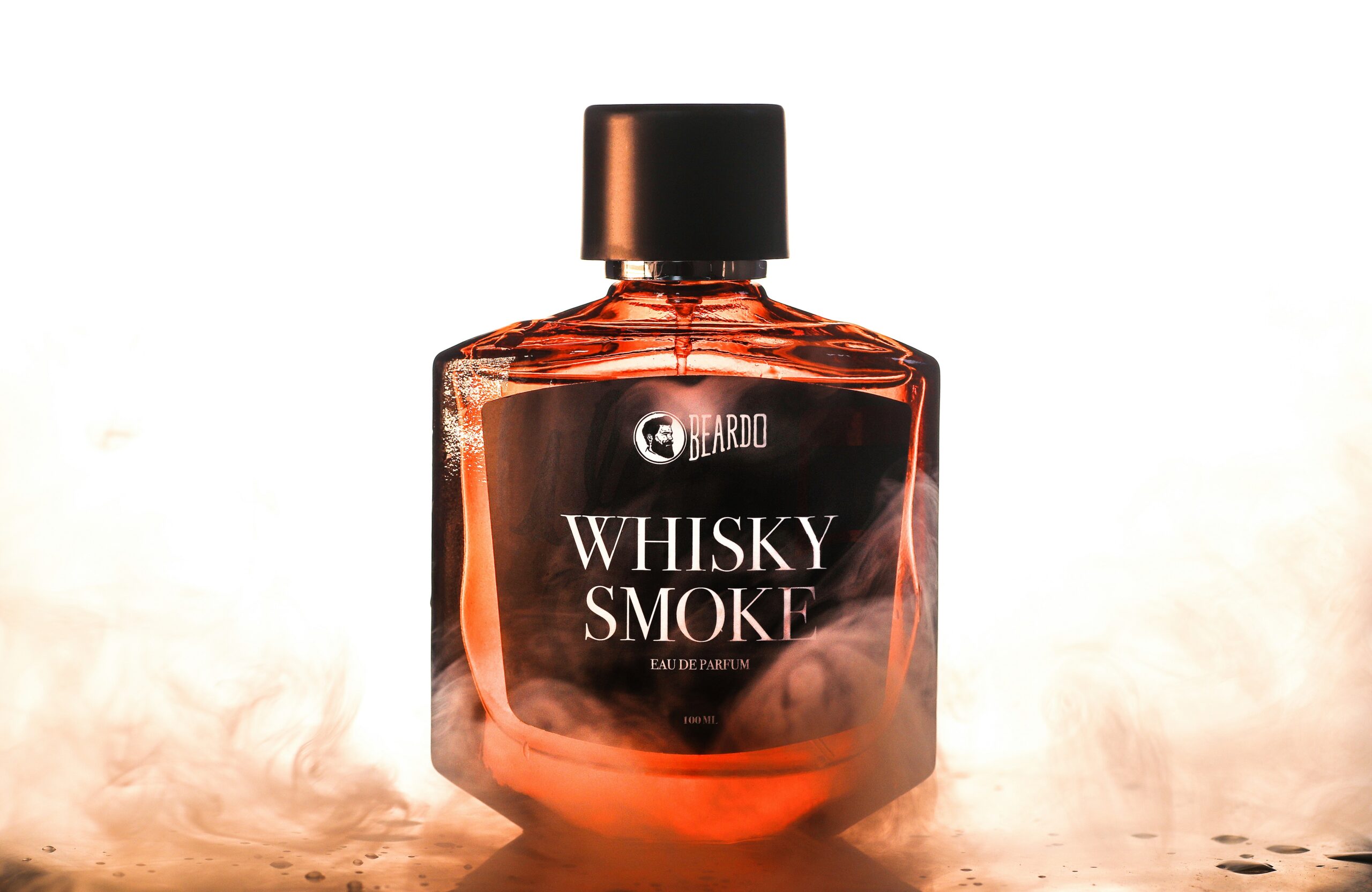Physical Address
304 North Cardinal St.
Dorchester Center, MA 02124
Physical Address
304 North Cardinal St.
Dorchester Center, MA 02124


Updated: July 27, 2025
Nothing’s worse than starting your shift smelling fresh, only to feel self-conscious about your scent fading halfway through. Whether you’re pulling a double at the hospital, working a factory line, or grinding through back-to-back meetings, your cologne shouldn’t quit before you do.
The challenge isn’t just finding something that lasts—it’s finding something that lasts appropriately for your work environment. A fragrance that works for a 12-hour construction shift might get you written up in a hospital setting.
Your typical drugstore cologne (Eau de Toilette) contains only 5-15% fragrance oils. Fragrance concentrations in EDTs can last 2 to 3 hours, which explains why you’re scentless by lunch break. Add in physical activity, stress sweat, uniform changes, and hand washing every 20 minutes, and that scent doesn’t stand a chance.
The solution isn’t spraying more—it’s upgrading your concentration and choosing the right scent architecture.
Perfumes with high concentrations of fragrance oils, such as parfum or extrait de parfum, tend to last the longest, often up to 12-24 hours. Here’s what you need to know:
For shift work, Eau de Parfum hits the sweet spot—strong enough to last, not so strong that it becomes offensive in close quarters.
Scents with woody, amber, and gourmand notes also have better longevity due to their rich, heavier ingredients, which adhere to the skin longer. These molecules are larger and evaporate slower than citrus or light florals.
Long-lasting base notes to look for:
Generally, it is not advised to wear fragrances due to allergies and sensitivities in healthcare settings. Many hospitals have fragrance-free policies, so check your workplace rules first.
If fragrance is allowed, choose:
You can afford stronger projection here, but you need something that won’t turn sour with heavy sweating:
You want something that commands respect without overwhelming the conference room:
1. Moisturize first: Dry skin lets fragrance evaporate faster. Use an unscented lotion on pulse points before applying cologne.
2. Target heat zones: Apply to wrists, behind ears, and chest—areas where body heat will push the scent out gradually throughout your shift.
3. Layer strategically: If your fragrance has matching shower gel or aftershave, use them. This creates multiple “layers” that release at different times.
Don’t reapply: You’ve gone nose-blind to your own scent, but others can still smell it. Mid-shift reapplication often creates a muddy, over-concentrated mess.
Protect from washing: If you must wash hands frequently, apply to areas that won’t get scrubbed—like behind your ears or on your chest under your shirt.
Eau de Parfum (EDP) concentrations with 15-20% fragrance oils last 8-12 hours. Look for woody, amber, or gourmand base notes like sandalwood, cedar, vanilla, or oud which have better longevity than citrus or floral scents.
Many healthcare facilities have fragrance-free policies due to patient sensitivities. If you’re a healthcare worker, you’re no stranger to rules about what you can’t wear to work—including personal fragrance. Check your workplace policy first. If allowed, choose subtle, skin-close fragrances with minimal projection.
Apply to moisturized pulse points after showering, choose EDP concentration over EDT, layer with matching body products, and focus on base-heavy fragrances with woods, musks, or amber notes. Avoid areas that get washed frequently during your shift.
EDT (Eau de Toilette) has 5-15% fragrance oils and lasts 2-4 hours. EDP (Eau de Parfum) has 15-20% oils and lasts 6-12 hours, making it better for long shifts. The higher concentration means you can apply less and still get full-shift performance.
Yes. Citrus and light florals fade quickly (2-4 hours). Heavy orientals and gourmands can become overwhelming in close work environments. Stick to woody-aromatics, fresh woods, or clean musks for the best balance of longevity and workplace appropriateness.
Check your workplace safety policies first. Some industrial environments prohibit fragrances due to chemical interactions or mask-wearing requirements. If allowed, choose minimal amounts of skin-close scents that won’t interfere with safety equipment.
Eau de Parfum (EDP) with 15-20% fragrance oils lasts 8-12 hours. Focus on woody, amber, or gourmand base notes like sandalwood, cedar, vanilla, or oud for better longevity than citrus or floral scents.
Many healthcare facilities have fragrance-free policies due to patient sensitivities. If you work in healthcare, check your workplace rules first. If allowed, choose subtle, skin-close fragrances with minimal projection.
Apply to moisturized pulse points after showering, pick EDP over EDT, layer with matching products, and lean into base-heavy scents with woods, musks, or amber notes. Avoid areas that get washed often.
EDT has 5-15% fragrance oils and lasts 2-4 hours. EDP has 15-20% oils and lasts 6-12 hours, making it better for long shifts. The higher concentration means you can apply less and still stay covered.
Yes. Citrus and light florals fade fast (2-4 hours). Heavy orientals and gourmands can get overwhelming up close. Stick to woody-aromatics, fresh woods, or clean musks for the best balance of longevity and workplace friendliness.
Check your workplace safety policies. Some industrial settings ban fragrances due to chemical interactions or safety gear. If allowed, keep it minimal with skin-close scents that won’t interfere with masks or helmets.
The best cologne for 12-hour shifts isn’t necessarily the strongest—it’s the one that maintains consistent, appropriate presence throughout your entire workday. Focus on EDP concentrations, base-heavy compositions, and proper application technique rather than just spraying more of whatever you have.
Your coworkers shouldn’t know you’re wearing fragrance at hour one or hour twelve. They should just know you always smell put-together, confident, and professional. That’s the difference between wearing cologne and knowing how to wear cologne.
Remember: the goal isn’t to announce your presence with scent—it’s to enhance the impression you’re already making through your work. Choose wisely, apply strategically, and let your performance speak as loudly as your presence.